On math and unschooling
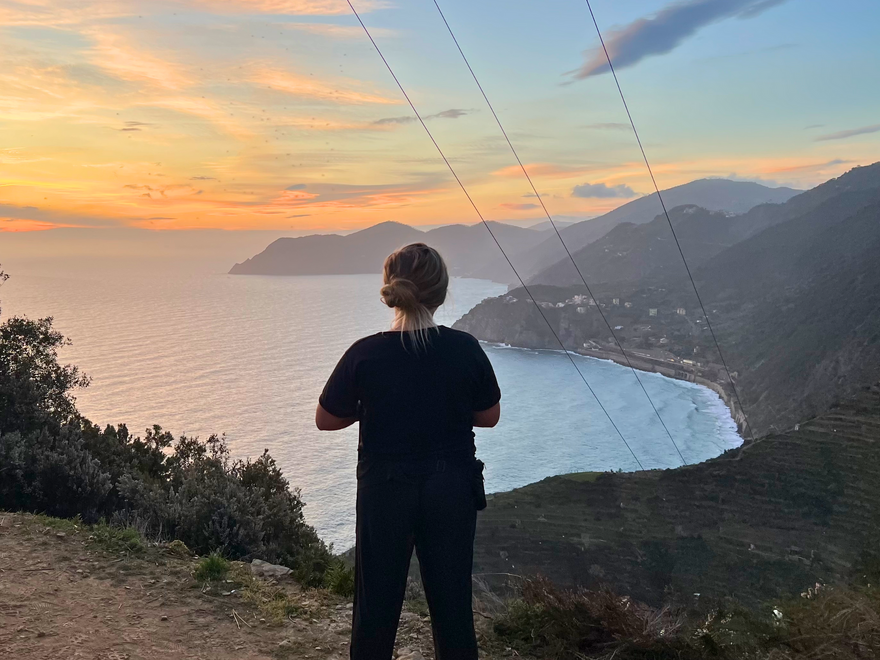
Inspired by a walk in Rome with a doctor, mister protege in law
I discussed unschooling with my very well-educated brother-in-law while walking Trastevere, Rome, in the afternoon one spring day. He wondered if a child or young person could understand the consequences of not learning a specific topic. In his case, as a mathematician, he was worried about math.
At the end of the day, this is what most people worry about. One of the ethereal questions for unschoolers is: what about math?
It is true mathematics is a key to understanding other things — a key well hidden, a key that unlocks itself. You kind of have to learn math to understand why math is amazing to learn. A circle motivation.
So first, we have to distinguish.
Formal education is a gateway to getting into so-called higher formal education, reminding me of pyramid schemes. Yet, I have a higher education and had a lot of intellectual fun at the university, I am all for universities. I just want to underline a personal, self-directed education can and will often be much “higher” (I.e. more thorough and more anchored) than a formal education curated by someone else.
Let’s keep that in mind.
Before I reflect on the math-learning-“problem,” I want to ask a counter-question:
- Why are we always discussing math?
- Why is it always math that seems so worrying to people?
Could it be because math seems to be the hardest topic in school? The one to cause the most trouble? The one where most children fall behind? The one to cause the most damage to self-esteem? The one where - let’s face it - the majority fail. They fail to engage, they fail to understand, they fail to remember after the test, and they fail especially to see the point. They totally fail to enjoy it.
I think this mostly has to do with the way math is taught. Unnaturally early, with all sorts of complicated tricks and methods, often more confusing than actually helpful. Often more of a system to learn, a sequence of operations rather than an understanding of logic.
Guess what would happen if we let the children learn when they are ready and motivated, when they wonder, when they are curious and searching for answers.
Another important element is the nature of math. It is very much a layered discipline. I we lose a step, we get lost completely, especially in the schoolbooks system. A week with the flu can have devastating consequences. If we miss a step or a layer, the chain is broken and can not be fixed by moving on and trying to keep up.
Because of the setup of the school system, everyone moves on anyway, and there is no time to fix the broken link.
A third element of great importance is the connection between logic and self-esteem. Math is a mystery until you get it. Then it is clear as day. There is hardly anything in between. This means it is easy to feel very stupid when not getting it, especially in the contest context (a root problem of age segregation is the natural state of competition arising from the fixation on age).
So, learning math is, for many adults, recognized as a huge problem, an important thing to not miss out on as the costs can be very high.
But what if we flip the coin?
What if math was voluntary? What if we recognize the fact that all math, including high school level, can be learned by a motivated person in 3 months? Six if we take it easy.
What if we allow some people to never really learn it?
Even some highly educated people never learn it properly. A French professor might have real trouble dividing by seven or subtracting 12,5 percent - and does that matter? She will teach us the wonders of French poetry, give us a gateway to an amazing kitchen culture, and maybe have a good laugh about the mistakes made along the road by people who did not speak French but tried.
Many children go through all of their base education fearing math, with big wounds on their understanding of their own intelligence, never really learning any math. It might be the same children that would not learn it as unschoolers; in this case, they would just be happy and confident instead, doing something that made sense to them and made them happy and kept them feeling motivated and alive.
In my experience, math is a bit like world history. You learn it by picking it up, getting curious, and exploring stuff. Some people are crazy about it and learn a lot of it, some even sit down with a course or a book, and others choose something different: Maybe they become experts on parkour or French fashion history or drawing, or Japanese culture.
The beauty of human intelligence is we get to accumulate and share a lot of knowledge, but we do not need to all know everything.
We can share, and we can trust each other to do our best, to contribute with our special vibe and our uniqueness, so we all can grow. This is how the world already works. Only a minority will ever truly need more math than what is naturally picked up by everyone.
But everyone needs confidence and motivation.
On opportunities
I want to get back to the question of opportunities: This question arises very often around unschooling. As unschooled children have no exams, there is no formal paper to show, and this might be a problem if the young person wants to engage in formal education.
The standard answer is: If they want a formal education, they will have to figure out what it takes and to do what it takes. It might be a math course or a full high school degree. It might be something else entirely. Losing weight and working out, or moving to a different city.
Will this make it harder to make the right choice? Will the unschooled children be less likely to choose the educations that require the most courses beforehand? Do we leave them with fewer options?
We can never know as there is no way of measuring what would happen if we had done something else. (Findes der statistik?)
I honestly believe preserving the free mind and the self-esteem, learning to make your own choices as to what to do with your time, and evaluating, adjusting, and growing from these choices will make the unschooled child who wants to become a doctor much more likely to A. Know he wants it, and B. Work for it with a clear mind. And C. knows it is actually him, who wants it, not pressure from society, parents, peers, or whatever.
The question is whether formal education with all the right papers or childhood in freedom will leave the 20 years old with more options. Who has the most freedom to choose?
This is a hard one.
But I trust the free child is on average, the more happy child, the balanced child, and the child with confidence in his or her own choices and experience in seeing them through.
I have to underline this is not the main reason we unschool. The main reason is ethical: We believe our children have the right to their own hours. They are not mine to take.
On nudging, talking, and opinions.
There is another element to touch upon when discussing math and unschooling. Or any academic subject and unschooling. Or any adult agenda and unschooling.
I am not trying to trick my children to learn anything. Not even math. Maybe especially not math. I believe honesty is the most important base rule for parenting.
Do not ever lie to your children. Do not manipulate. Do not trick.
Not. Ever.
With younger children, you might distract them for a while if needed. But do not ever lie to them.
Not. Ever.
On the math question, this works both ways: I will not push them to learn, let alone command them. I will not nudge them to study math. I will not tell them to or question their choices.
Here is what I will do, though: i will share with them all I know about the subject. About higher education, about the wonders of math, about how this is a secret key to understanding, how like languages this opens doors we did not know excised before we opened them or at least touched the handle; math will open perspectives not anticipated, not imagined.
I will answer all of their questions, buy all the books and courses they want to engage in and I will keep reminding them math is fun and everywhere.
That math is the language of God.
Because I believe this to be true because this is my personal experience, the more I know, the more interesting everything becomes. Be it math or philosophy or history or drawing, or yoga. Whatever. It is always a gain to learn.
Just like I will share with them how I am sure it is a good thing to have a meditation practice and to learn to engage with music, learn an instrument, or learn to sing. Just like everything else I think or believe, i share with them how I see the world. And I listen to what it all looks like to them.
I have four children. Some have learned some math, some a lot, some are still quite young, some love it, some don’t but want to learn anyway.
And let's not forget, math is a lot of different topics. The wonders of geometry are very different from game theory. They might dive into one corner and skip another completely.
What I do not do is to judge their choices or question their perspective. Whatever they choose is good by me as long as they thrive.
Forced Education and the Coming of age
Chronology of learning
Coming back to what was worrying my brother-in-law, I will talk about options. Our conversation was about whether a child or young person who was never taught math will have the same options as the schooled child. Whether the lack of formal basic education will make the choice to enter a higher education that requires math harder for the unschooled child. Will this be the thing that stops him or her from becoming a doctor or dentist or xyz?
This question worries most new unschoolers and a lot of people around unschooling families: Grandmothers, uncles and so forth. It is a very relevant question. And like most things, it is complex.
In the end, we have to deal with the fact there is no clear answer to this question. What would have been in a human life if a huge parameter was different is impossible to know.
But let us think about it.
After we establish the fact that an unschooled child who was never TAUGHT math probably has LEARNED a lot of math before he or she might decide to become a doctor.
And maybe we can also agree that a young person who wants to become a doctor might have known for a while, therefore, sat down to study a bit. I find that very likely.
Anyway. My first point.
Choice and motivation
Unschooled children learn something schooled children only learn a tiny bit of and therefore don’t really learn. Unschooled children learn to choose for themselves how they want their life to be. They get to and have to, get up each morning (or afternoon) and decide what to do with their time. When they go back to bed, they have to pay the price of feeling happy with what they did or less happy. They learn what a fulfilling life looks like TO THEM.
They learn to know what they want. They learn how to choose what is important. They learn to adjust if things don’t work out.
This is a skill that can only be learned by living it. Most adults never really stopped to think about this and lots of suffering comes from this point exactly: adults who live a life they never chose, a life that just happened, a life with no clear motivation.
When it comes to the question of math and formal education, I am sure this skill plays a central role. If a young unschooled person wants to become a doctor
He or she will know this clearly
He or she will not be wrong
He or she will be okay with changing their mind if they are wrong anyway
He or she will have experience in self-directed study of whatever it takes
He or she will feel happy and motivated to do it
Premature education
I have touched upon this element earlier in this article, now I want to underline it in the context of options later in life.
A lot of formal mainstream education has the huge flaw of being premature. In reality, ALL involuntary education is probably premature, as learning will happen when curiosity arises within the individual learning, but leaving that point aside, I find formal education very forceful on the growing mind. Almost violent.
It seems like it is a huge competition to reach certain milestones as early in life as possible, probably because of a backward understanding of intelligence. It IS true many geniouses learned to read or whatever in a very early age, but this does not work the other way around. Our children will not become smarter from being pushed and forced to develop their intellect. I might say it is counterproductive. They take great damage from being taught early.
As I see it, everyone learns when they are ready. And left to learn at their own pace, children will learn a lot; it is like explosions, like flying sometimes. It happens so fast. My best example is my oldest son, who learned to read when he was thirteen and who now reads all the time. Several hours a day. Literature, as well as books on psychology, philosophy, and math. Always as in ALWAYS carrying his e/reader.
My oldest daughter caught up with math up to ninth grade when she sat down to learn in three months. My youngest son can divide and multiply easily and with hardly any mistakes without ever having studied formal math as in never.
When we push children to learn before they are ready we just make them do a lot of work, for no reason. All we gain is teaching them they have to do boring stuff of no value (to them) for hours a day in order to be okay.
We teach them they are not good enough. We teach them, they don’t know themselves, what is important. We teach them they are not to be trusted with their own time.
My next very long reflection will be on social media, the internet, and whether we can let children loose with their own time with a smartphone in their pocket. Sign up for the newsletter to not miss out on that one.
Premature education or forced development is one of the main destructive elements of modern childhood and must be avoided.
Leave the children be. They have their birthright to be. It is their time.
Our jobs as parents are to guide and love and support, not to forcefully impose our own distrust in life upon the young souls, trying to mend our own wounds by kneading our children. They will find their own way and their own form, and in the meanwhile, we might work to heal our own wounds. Instead of passing them on to the next generation.
Disclaimer
I am radical. I am radically against forced schooling. Yet I know all parents want the best for their children and do what they do out of love. I know we all try to do our best, especially for our children. I even know some families can work with the school system and live good lives. I respect the freedom of everyone.
Especially that of the children.
Wrapping it up
To sum it up
Education should be voluntary.
Personal freedom is for everyone, disregarding age.
Your time is YOUR time.
When math is taught, damage is often done.
Trauma arises from feeling stupid.
Self esteem is of great importance for a good life.
Math is not hard to learn when the time is right.
Do not lie to your children.
Ever.
Learning to make choices is a core life skill lost to the schooled child.
Parents job is to love and support, not to force and judge.
Children are fully capable of making their own choices with the above-mentioned love and support in place.
Most adults have wounds and traumas they pass on to their children by trying to fix the wound by forcing the child to try to not get the same wound with the result of a similar wound is made.
This is normal.
We all have the birthright to our own hours.
I will leave unschooling and math for now, hoping for lots of responses. Tell me what you think. Ask me all of your questions. Question my logic. This makes me think and also makes me know someone out there is reading my reflections, making it worthwhile writing them.
You might get in touch by commenting below, engaging on social media, writing me an email or a WhatsApp, or joining our next live session. Just sign up for our newsletter, then you will be notified when we do a Live Session. You will find all of the info on where to find me on the website, just hit get in touch.
With love

Cecilie Conrad
And one more thing before you go:
Please enjoy this amazing TED talk on the subject.
Have you read the latest articles by Cecilie Conrad?
Here you can find my latest writing - It is a mix of my blogposts and 2023 journaling. I hope you will enjoy it :)
Where are we now?
Want to stay up to date with our travels and podcast? Then sign up for our weekly newsletter
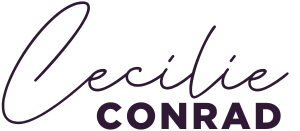
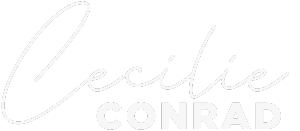

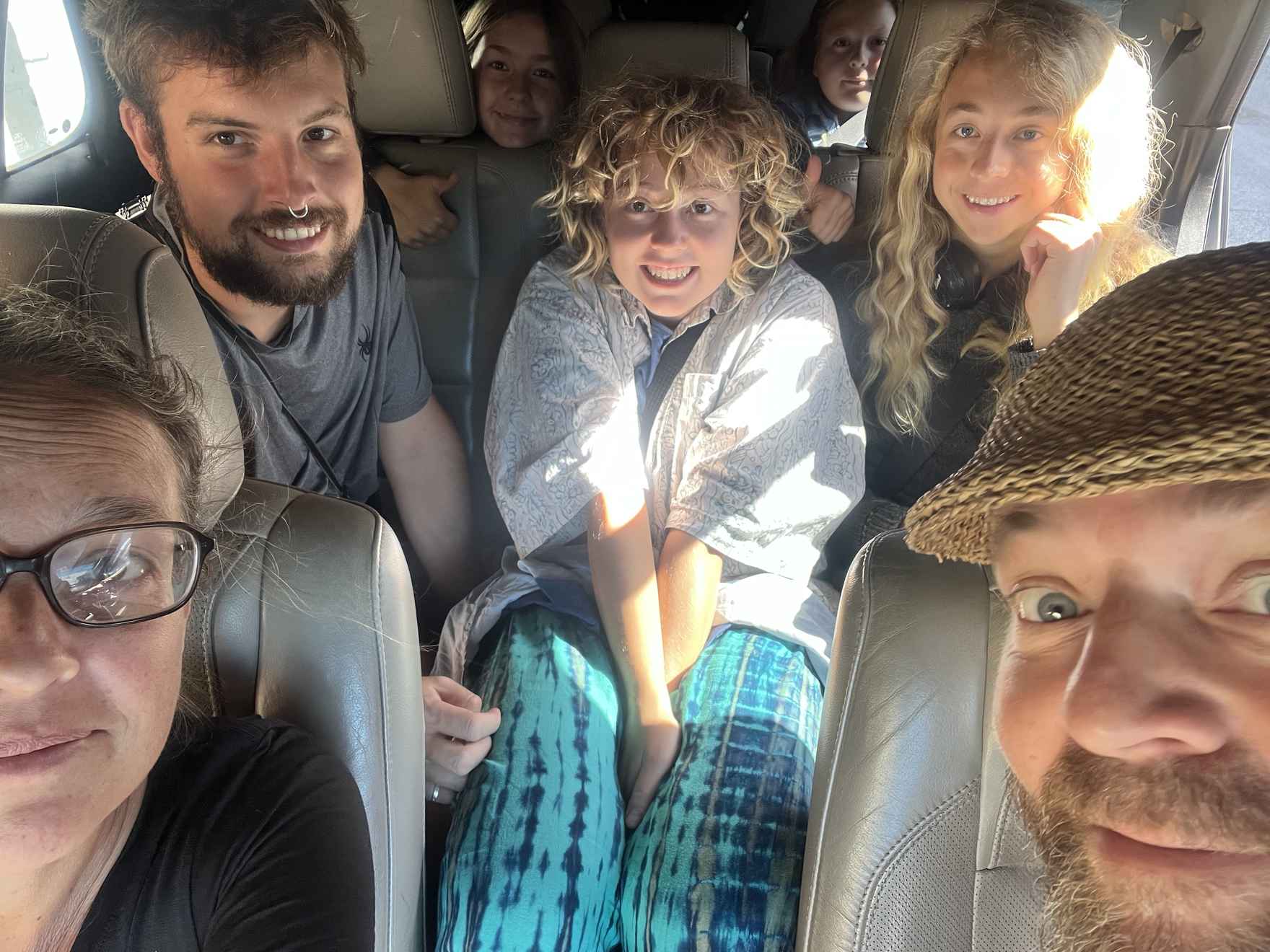
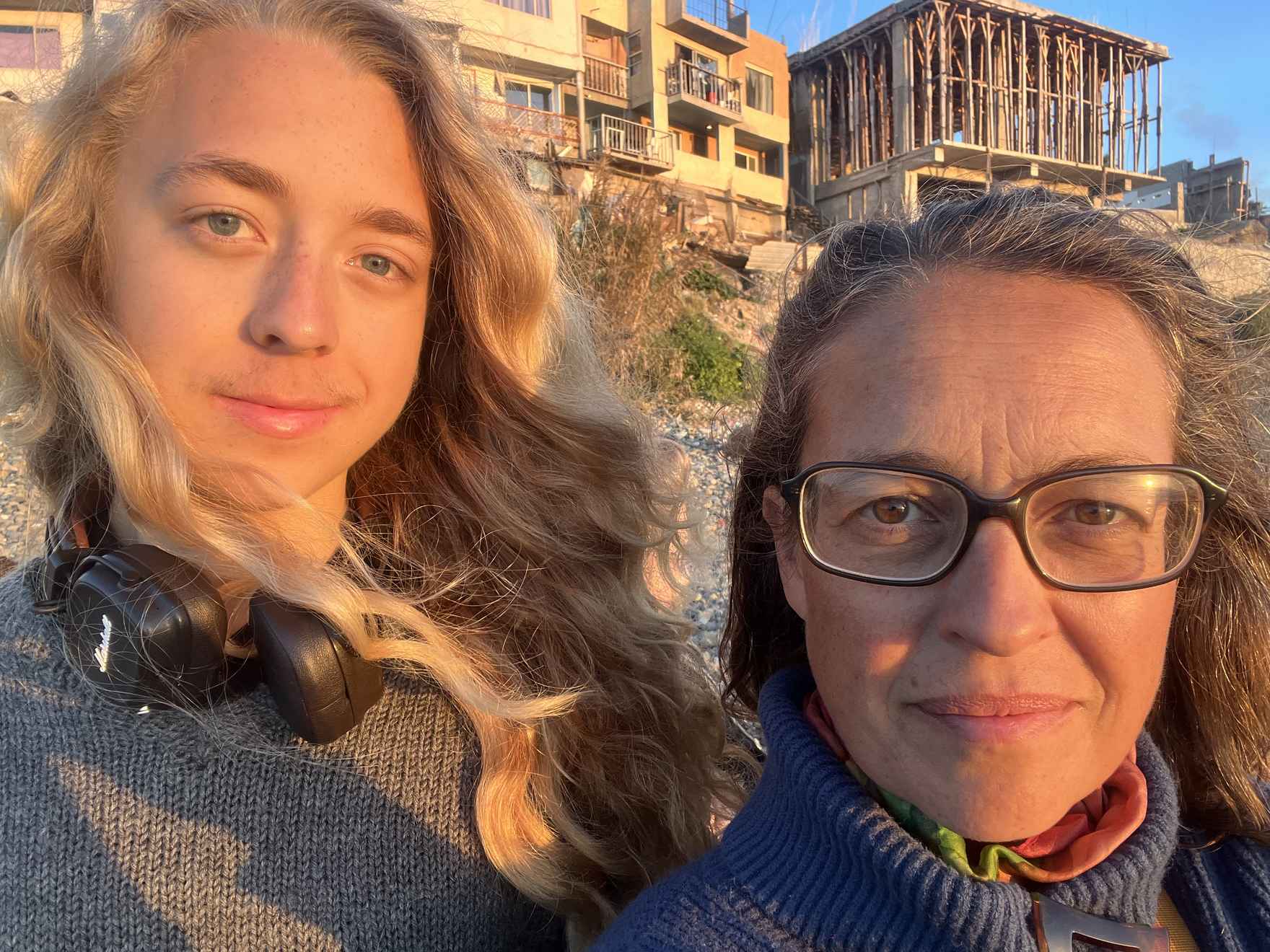


1 comment
The section "Choice and motivation" really hit home for me...that was brillantly explained...thank you for I am one who has struggled tremendously with the Math topic/issue...we met briefly at the Castle...hope to see/talk again sometime.
Leave a comment